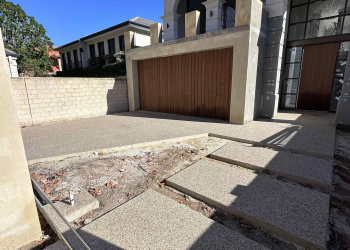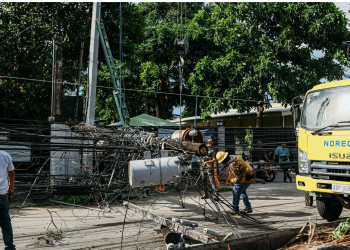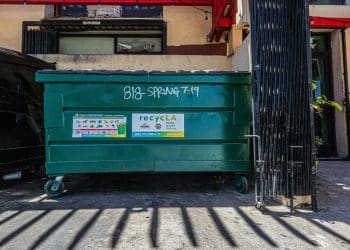Table of Contents
The Americans with Disabilities Act (ADA) became law in 1990. It is a very important civil rights law that prohibits discrimination against individuals with disabilities in all areas of public life including jobs, schools, transportation, and even the public and private places that service the general public. CASp inspections are very important for the places and properties covered by the ADA.
The ADA gives civil rights protections to individuals with disabilities just like those provided to individuals in terms of race, color, sex, national origin, age, and even religion.
What is the Americans with Disabilities Act?
The ADA is divided into five titles or sections that relate to different areas of public life that people with disabilities may have difficulty in. These titles are the following:
- Title I: Equal Employment Opportunity for Individuals with Disabilities
- Title II: Nondiscrimination on the Basis of Disability in State and Local Government Services
- Title III: Nondiscrimination on the Basis of Disability by Public Accommodations and in Commercial Facilities
- Title IV: Telecommunications
- Title V: Miscellaneous Provisions
One thing that comes up all over the law is that places of public accommodations are prohibited from discrimination against individuals with disabilities in any way.
What are considered places of public accommodation?
The places of ‘public accommodations’ include privately-owned, leased, or operated facilities that are open to the general public – such as hotels, restaurants, retail merchants, doctor’s offices, golf courses, private schools, day care centers, health and sports clubs, stadiums, movie theaters, malls, and the list goes on.
The ADA mandates that all of these places meet the minimum standards for accessibility for alterations and new construction of facilities. It also requires public accommodations to remove physical barriers in existing buildings where it is easy to do so without much difficulty or expense on behalf of the owner – referred to as “reasonable modifications” within the ADA.
More specifically, Title III of the ADA requires businesses and organizations to make reasonable modifications to their usual operations when serving and employing people with difficulties. The necessary steps must be taken to communicate effectively with customers and employees who have vision, hearing, speech, or motor disabilities. This is a very important section of the law and is regulated and enforced by the United States Department of Justice.
How can you ensure compliance with the ADA?
Places of public accommodations are encouraged to hire a CASp or Certified Access Specialist. A CASp will inspect buildings and sites for compliance with all applicable state and federal construction-related accessibility standards, including the ADA.
Having CASp inspections shows that business owners care about ensuring equal access for all of their customers, and the intent to follow the law. The CASp will know which standards apply (or don’t) to a certain property or facility. The good-faith effort of hiring a CASp will lessen your liability and provide certain legal benefits if an accessibility claim is filed against them.
What do CASp inspections include?
The services of a CASp will cover the following:
- Professional site survey
- Detailed report, with pictures, listing any accessibility findings
- Advise on how to correct the findings (if any)
- A numbered CASp Certificate issued by the California Division of State Architects
- Legal benefits as described in SB 1608 and 1168
Why Hire a CASp?
A CASp has been tested and certified by the State of California to meet the minimum requirements of knowledge and applicability of complex construction-related accessibility standards. As a Certified Access Specialist, it is really their expertise to know which ADA standards apply to your property based on its age and history of renovations or improvements.
While a licensed design professional can provide you an accessibility compliance evaluation of your facility and property, only a CASp can provide accessibility evaluation services or CASp inspections that can offer you the “qualified defendant” status in the unfortunate case that a construction-related accessibility claim is filed against you in court.
You can retain the services of a CASP any time, but the CASp Inspection Report can only offer you this “qualified defendant” status under certain conditions. That is, if the inspection services itself, delivery of the CASp Inspection Report, and adherence to the schedule of construction (for accessibility improvements) all occur before the claim is filed against you. Otherwise, it will be too late to hire a CASp and their Inspection Report cannot be used in any current cases.
There are certainly many benefits to hiring a CASp. It is a win-win for your business because you ensure compliance to the law and accessibility for your range of customers.








